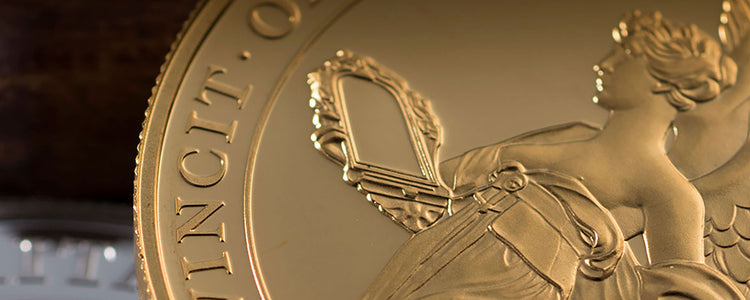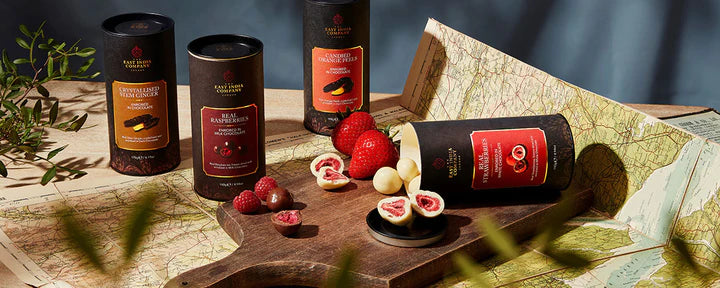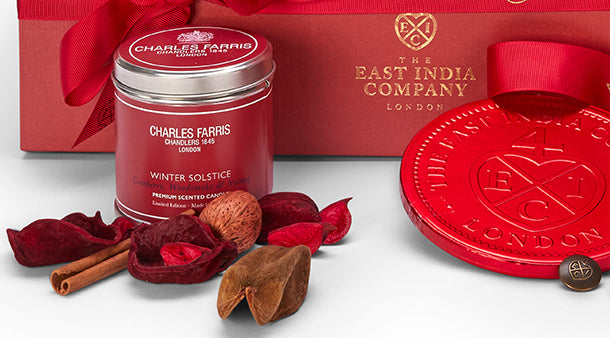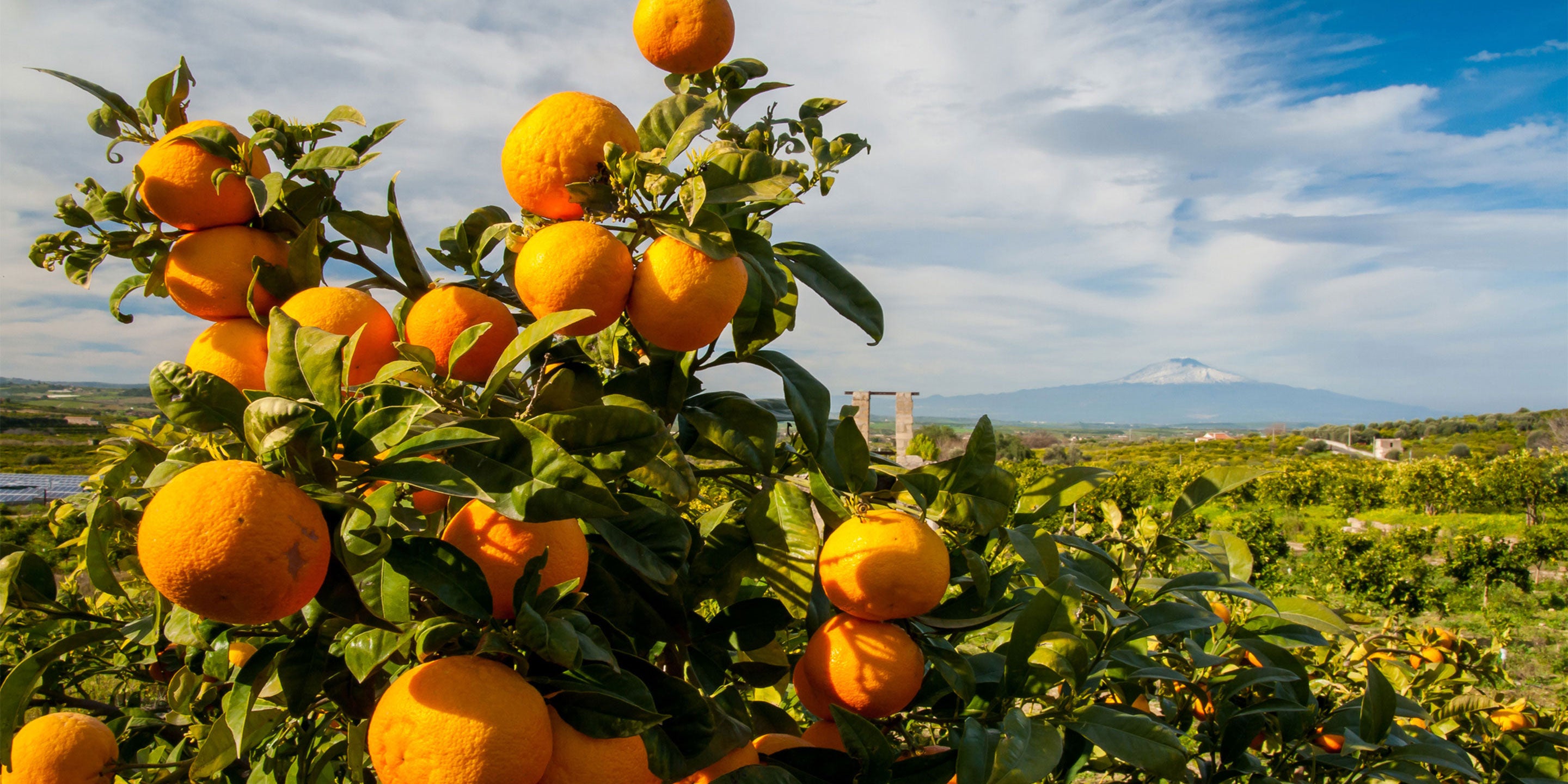The need for citrus fruit on the ocean voyages of The East India Company fleet and its competitors generated a surge in demand for citrus fruit, which was known for its scurvy prevention qualities as early as the 1600s - the officers of The East India Company amongst the first to realise and benefit from this.
Citrus trees had been brought to Sicily by the invaders from North Africa in the 11th century. They set up complex irrigation systems, including underground tunnels called qanats that collected every available drop of water, irrigating nearly all year around. With the additional benefit of mild and constant temperatures and a rich volcanic soil, Sicily became a leading player in the citrus fruits market, with the Palermo barons becoming wealthy, selling the fruit to sailors in the Mediterranean.
But a combination of high profitability and a weak rule of law, meant that farmers were targets for criminals and resorted to hiring private security for protection and their land, families and employees. Unscrupulous individuals took advantage and established themselves as the real power in the land.
This was the start of the Silician Mafia.
The rest is history. At its harmless origin - simply the demand for lemons and oranges to allow sailors of the 17th and 18th centuries to traverse the world a little more safely and to focus on commerce.




 Ceylon / Sri Lanka
Ceylon / Sri Lanka Assam, India
Assam, India Japan
Japan Taiwan
Taiwan Nepal
Nepal China
China Kenya
Kenya Egypt
Egypt South Africa
South Africa



